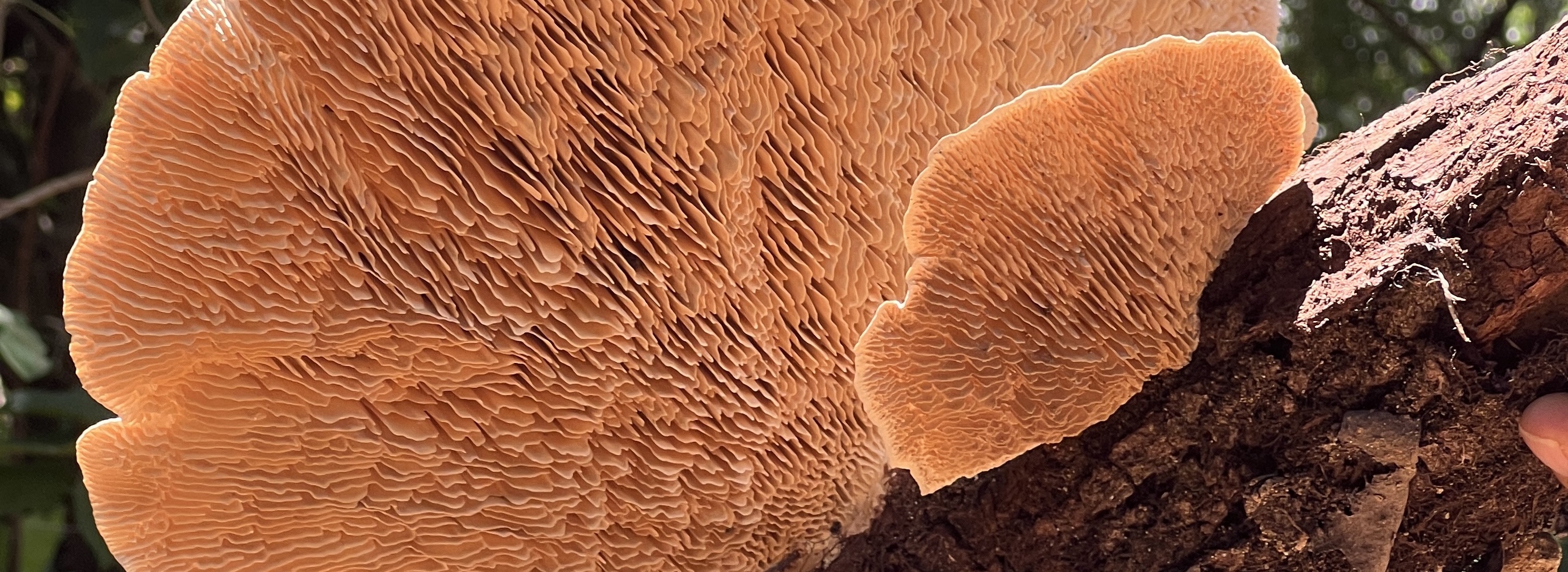
Monteverde Institute: Tropical Ecology and Conservation
Alternative Title
Contenido de alcohol en las frutas de alimento de Lepidoptera: preferencias y efectos en el tiempo de vuelo, el patrón y la velocidad
Files
Download Full Text (154 KB)
Publication Date
May 2008
Abstract
Fruit-feeding Lepidoptera live and feed on rotting fruit and tree sap flows. Eating fermented food is expected to alter their flight behavior making them sluggish and thus more susceptible to predation (Young 1979). Rotting food sources have similar chemical compositions but in different proportions. Ethanol is present in rotting fruits and sap flows (Omura and Honda 2003) and is most likely the agent causing sluggish or groggy behavior (Young 1979). In this study, I examine preference of fruit feeding Caligo spp. (Nyphalidae: Brassolininae) on different baits of varying ethanol concentrations. Furthermore, I examine whether alcohol content and time spent feeding on fruit impacts potential for predation, measured here as flight time, distance and the sporadic nature of the flight. This study was performed using existing fruit feeding platform in a large butterfly garden in Monteverde, Costa Rica. Small amounts of guaro:water solutions were added to rotting fruits at 10, 20, 30 and 35% ethanol. Caligo spp. individuals in the garden were allowed to choose among seven feeding stations, including three with no treatments (just rotting fruit). Butterflies having fed for different amounts of time were poked to see if they would fly. I found that Caligos spp. showed no preference for alcohol content, feeding freely on all fruit platforms. Behavior was influence by alcohol, but sluggishness was a function of time spent feeding, rather than alcohol content. Flight speed slowed as feeding time increased, regardless of alcohol content, suggesting that negative effects of ethanol were a function of feeding time rather than alcohol content in the fruit. The butterflies that drank shorter times flew longer. Still, there were no significant flight impairments from ethanol intake meaning that butterflies are adapted to deal with and use ethanol to their benefit. This was suggested by the fact that there were no significant differences in flight speed even for those butterflies feeding for over 90 minutes. As the highest feeding times in this study were only slightly greater than an hour and a half, this may have been too little time to impair flight. Stupor is widely reported in Caligo spp. and individuals on feeders in the morning were lying on their sides and very sluggish. These observations suggest that eventually, with more prolonged feeding times, ethanol will negatively impact flight and thus make the butterflies more susceptible to predation.
Resumen
Algunas mariposas viven y se alimentan de frutos maduros y savia de los arboles. Al alimentarse de la comida fermentada se espera que su comportamiento se altera haciendo que el vuelo se vuelva lento y sean mas susceptibles a la depredación (Young, 1979). Las fuentes alimenticias maduras tienen una composición química similar pero en diferentes proporciones. El Etanol esta presente en los frutos maduros y la savia (Omura y Honda 2003) y es el mayor causante del comportamiento lento y atontado (Young 1979). En este estudio yo examine la preferencia de la mariposa frugívora Caligo spp. (Nymphalidae: Brassolinae) en los diferentes sebos variando la concentración del etanol. Además examine como el contenido del alcohol y el tiempo de vuelo tienen un impacto potencial en la depredación, medido aquí como el tiempo de vuelo, distancia y la naturaleza esporádica del vuelo. Este estudio se realizo utilizando plataformas de alimentación en un jardín de mariposas en Monteverde, Costa Rica.
Keywords
Lepidoptera--Behavior, Butterflies, CIEE Spring 2008
Palabras claves
Lepidóptera--Comportamiento, Mariposas, CIEE Primavera 2008
Extent
11 pages
Geographic Location
Monteverde (Puntarenas, Costa Rica)
Holding Location
Monteverde Institute
Language
English; Spanish
Media Type
Articles
Format
Digital Only
Identifier
M39-00441
Type
Book
Recommended Citation
Gottesman, Lena, "Alcohol content in fruit-feeding Lepidoptera: preferences and effects on flight time, pattern, and speed, May 2008" (2008). Monteverde Institute: Tropical Ecology and Conservation. 12.
https://digitalcommons.usf.edu/tropical_ecology/12


